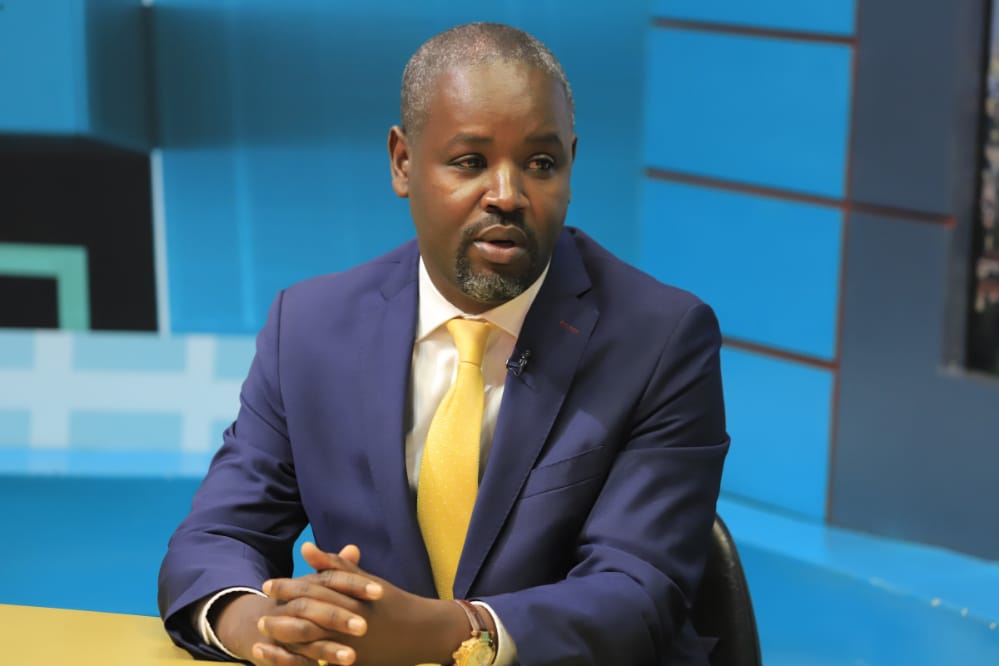He argues that the covid-19 pandemic out break posed a considerable threat to maintaining Uganda’s macro-economic growth and sustained poverty eradication efforts.
“Given the challenges of operating under the new normal, coordinated efforts are required to protect the most vulnerable lives. And equip them with requisite human capital to productively contribute to the country’s socio economic development. We advise that government borrows to finance key sectors of social protection. For example health, education, water and human capital development”. Dr Ibrahim Kasirye Director of Research at Economic Research and Policy Centre said.
World Bank Report;
According to Bank of Uganda, Uganda’s real GDP growth declined by 3.5% in 2020, compared to 7.5% growth in 2019.
As of of June 2020, Uganda’s public debt was 56.5 trillion shillings ($15.33 billion). The Bank of Uganda (BoU) said in a report. About two thirds of the debt is held by external creditors. And the public debt is now 40.8% of GDP.
Kasirye however suggested that government invests more money into social protection sectors. He pointed out health, education and water sectors to spur economic capitalization of the economy at the national public dialogue themed: Social Protection in the third National Development Plan 111.
According to him, Social protection includes: Social assistance – non-contributory transfers in cash, vouchers, or in-kind (including school feeding) to individuals or households in need (White, 2016: 1); public works programmes; fee waivers (for basic health and education services); and subsidies (e.g. for food, fuel).
During covid lockdown Uganda shuttered nearly all businesses, banned vehicle movement and public gatherings as part of its sweeping anti-coronavirus lockdown.
According to the World Bank an estimated 3.1million additional Ugandans could fall into poverty. These will also add to the 8million Ugandans living below poverty line as of 2017. As such there is need for comprehensive government interventions to support poor and vulnerable households.
What programmes could work.
Globally well designed social protection programmes have proven effective in reducing poverty and vulnerability among households. Especially through supporting increased consumption and investment.
The National Social Protection policy underscores the importance of social protection. This is in addressing risks and vulnerabilities that expose individuals to income insecurity and social deprivation leading to undignified lives. Accordingly the government has implemented several social protection programmes. These include; social assistance grant for empowerment targeting the elderly, Northern Uganda social action fund and other support initiatives. Including food relief during covid 19 pandemic.
However, the population accessing at least one social protection programme remains limited in Uganda at less than 3 percent. Fiscal allocations are not aligned to the projected increased need for social protection coverage as planned in the national development plan 111.
Rogean Mugume research analyst says investment in women would spur economic growth faster underscoring the importance of women being good finance managers.
Check also;
- Ministry Of Local Government Set To Launch Standardized Security Stamps
- Local Government Workers Petition Parliament Over Low Pay
- Government May Soon Tax Your Cash Withdrawals From Banks
Please use the button below to contribute to Newslex Point, Inc. using a credit card or via PayPal.

 Newslex Point News in Uganda, Uganda news
Newslex Point News in Uganda, Uganda news











